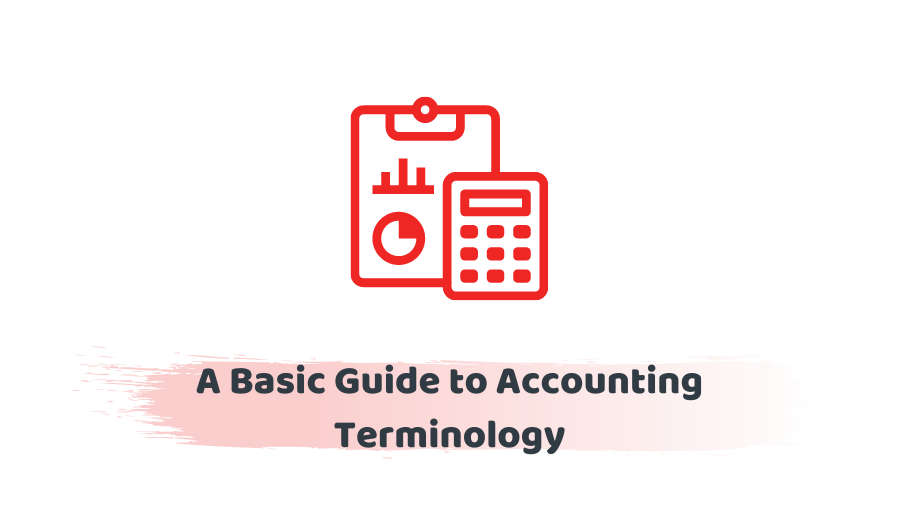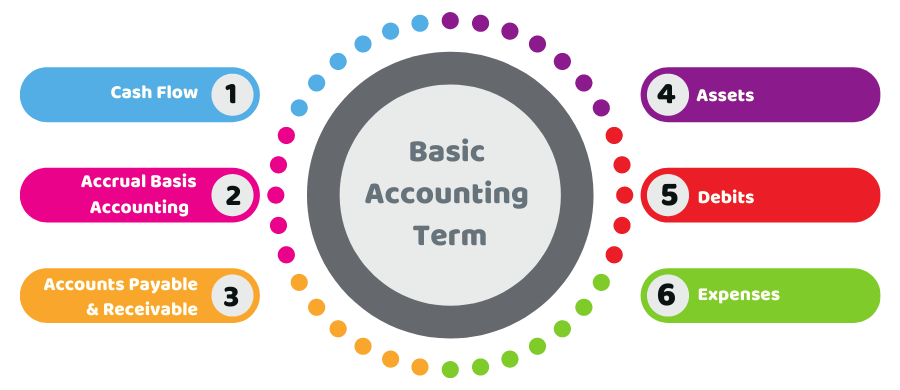Are you looking for a guide that is aligned with your interest in knowing accounting terminologies? This blog will unfold everything you need to gather information to be someone who is enriched with Accounting Terminology. Let’s delve deep and aim for the best understanding.
The first and ultimate term one needs to understand as a beginner regardless of being a businessman or accounting student is “Accounting”. Let’s see the simplest way to define it.
What Is Accounting?
Accounting is known to be a process of financial transactions and deals in recording, analyzing, and communicating the financial activities of a business. This affects a lot more positively the financial health of a company or business. Accountants are the professionals of this field to keep a track of financial business activities like expenses, profits, and losses. The use of given formula works like a magic wand of accountants in the business records.
Assets = Liability + Equity
Accountants that are professional and experts in real help the company to have a vivid understanding of the organization’s financial performance and legal obligations. Also, they play a major role to make the budget and plan for the future of business. This is the base on which the company makes the decisions about investing, buying, selling and pricing, etc.
This guide includes the basics of industry acronyms, however, there are accounting dictionaries available for beginners as businessmen to get themselves familiarize with the basic Accounting terminology. This post serves the same, so, let’s get started.
Accotax deals in all accounting and taxation services in The UK, get in touch for an instant business valuation guide.
The Benefits – Use Of Accounting Terms Guide:
The major principles of accounting along with a vivid understanding of Accounting Terminologies are a must for a businessman to keep a fine track of business and financial activities and to analyze more professionally. To meet the requirements of financial and legal obligation in business, the professionals must touch the standards of knowing the suitable methods with a sense of the decision to use for the company valuation.
To make profitable business decisions, a better understanding of accounting will be fruitful to set up a functional system for business accounting and get the maximum benefits from it. If the business owner lack in having an experts’ eye, they need to rely more than necessary on their accountants and the chances are they can get betrayed any time.
Learn the easiest ways to operate the business in the United Kingdom with Accotax!
Hiring professional accountants can turn out to be advantageous for business finances if the business owner realizes the necessity and benefits it can offer to the company. However, these professionals must consider you to learn some of the basic and major Accounting Terminologies. Some of them are listed below.
- Assets
- Debits
- Expenses
- Cashflow
- Accrual Basis Accounting
- Accounts Payable and Receivable
Assets: An item of value owned by an organization is taken as its asset. However, business assets span several categories which can include vehicles, tangible products, furniture, office, and other fixtures. Also, intangible items can be included like intellectual property, etc.
Expenses: When the company intends to generate revenues, the cost spent when the organization incurs is known as expense in the business. In other words the outflow of money in any form to pay another party to get the services.
Debit: A very basic Accounting terminology, it is basically an accounting entry that might cause an increase in assets or decrease in liabilities. It is important to balance the debits with the credits although it operates in the complete opposite direction.
Cash flow: At a specific point of time, the in and out of cash in the business is what we refer to as cash flow. The positive cash flow means the company has more money coming in than going out whereas the negative cash flow tells that the cash going out is more than that coming in. This helps indicate an alarming situation.
Would you like to know the secret to sound cash flow management? reach out to our professionals now!
Accrual Basis Accounting: Other than the basic Accounting Terminology, let’s know more of some major terminologies. Accrual basis accounting is an accounting method that helps to keep a track of revenues and expenses not only when the payments are made or received but when business transactions occur.
Accounts Payable/ Accounts Receivable: The amount of money that is to be paid to the creditors is known as accounts payable. It is shown as a liability on the balance sheet. Moreover, the amount of money that is owed to an organization by the debitors is known as accounts receivable.
Conclusion:
To sum up the discussion we can say that Accounting Terminology holds a solid ground of importance in the business world to be familiarised by business owners to make profitable business decisions and rely less on others. We hope this post helped to develop a basic understanding.






















































